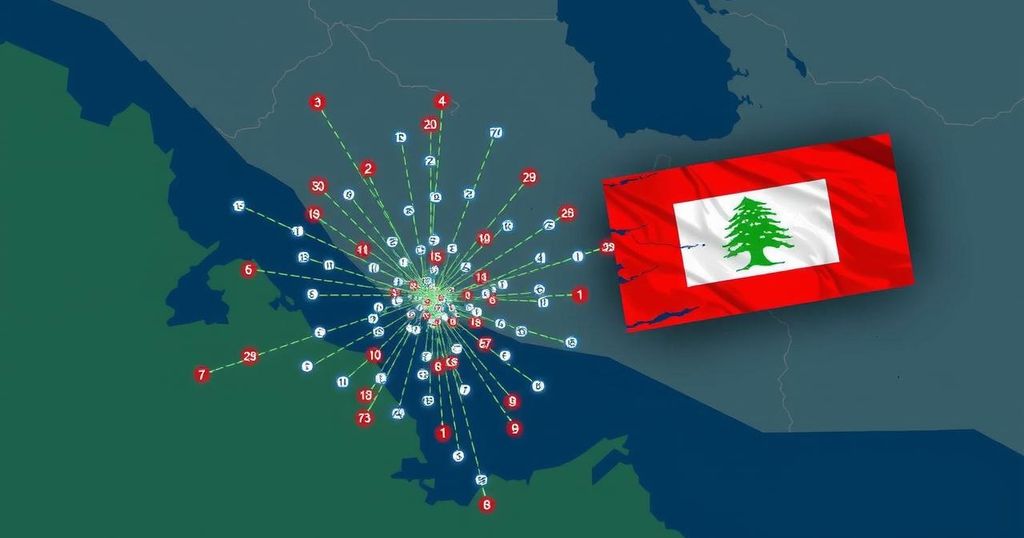Iran’s Strategic Calculus Amid Potential Lebanon Ceasefire Talks

Iran continues to bolster its support for Hezbollah amid potential ceasefire talks with Israel, while also weighing its options regarding nuclear development and proxy warfare. Recent military actions by the IDF against Hezbollah signal a significant shift in the conflict landscape, with critical implications for Iran’s strategy moving forward.
Iran’s Foreign Minister, Abbas Araghchi, affirmed Iran’s support for the Lebanese “resistance” during a recent call with an Iranian official, coinciding with potential ceasefire discussions between Israel and Hezbollah. This publicly declared backing comes alongside discreet military assistance, including weapon smuggling to Hezbollah. Notably, a medical mission was also dispatched to Lebanon as a display of solidarity.
In his remarks, Araghchi commended the bravery of Lebanese resistance fighters in their recent confrontations with Israeli forces, showcasing Iran’s ongoing commitment to supporting the Lebanese government and populace. Strategic ties between Hezbollah and Iran have deepened following the escalation of hostilities after the Hamas attacks on October 7. While Hezbollah supports Hamas ideologically, it appears that it was not fully aware of the attack’s timing, which has placed it in a precarious military situation following Israel’s recent aggressive maneuvers.
Since mid-September, Israel has taken steps to reclaim territories near the border that are under threat from Hezbollah, undertaking ground operations aimed at neutralizing its presence. Recent reports indicate that the Israel Defense Forces (IDF) have made significant territorial advances in southern Lebanon, marking a pivotal shift towards a potential ceasefire.
As the prospect of a ceasefire emerges, Iran finds itself at a critical juncture. The geopolitical landscape suggests that Iran may leverage this opportunity to accelerate its nuclear ambitions or intensify its influence through regional proxies in Iraq and Syria. The impending transition of the U.S. presidency complicates these developments, as a ceasefire period of around 60 days will align closely with President-elect Donald Trump’s inauguration. Iran’s forthcoming actions will be crucial in determining its strategic choices regarding Israel and nuclear armament.
The dynamics between Iran and Lebanon, particularly through Hezbollah, play a significant role in the broader Middle Eastern geopolitical landscape. Recent conflicts, particularly Israel’s military operations against Hezbollah, have heightened tensions in the region. Iran’s support for Hezbollah not only underscores its commitment to regional resistance movements but also highlights its strategic interests in countering Israeli influence. Understanding Iran’s actions amid a potential ceasefire is critical in gauging the future trajectory of Middle Eastern politics and security.
In summary, Iran’s strategic posture amid the potential ceasefire between Israel and Hezbollah reveals the delicate balance of power in the region. As Iran continues to solidify its support for Lebanese resistance while contemplating its own nuclear ambitions, the next few weeks will significantly influence regional stability. Iran’s decision on whether to escalate proxy conflicts in response to U.S. political shifts will be pivotal in determining its future engagements against Israel and its overall strategy in the region.
Original Source: www.jpost.com








